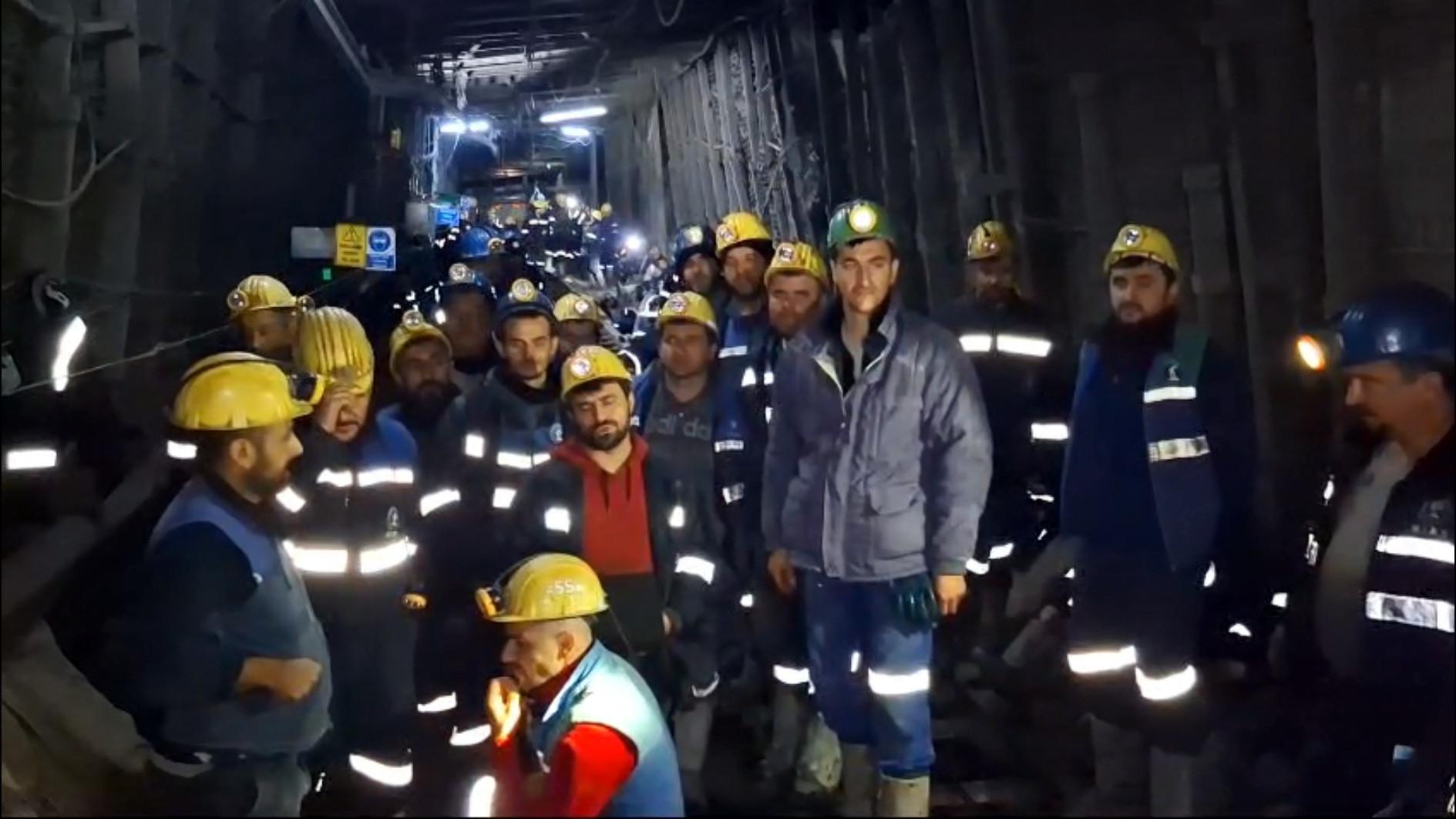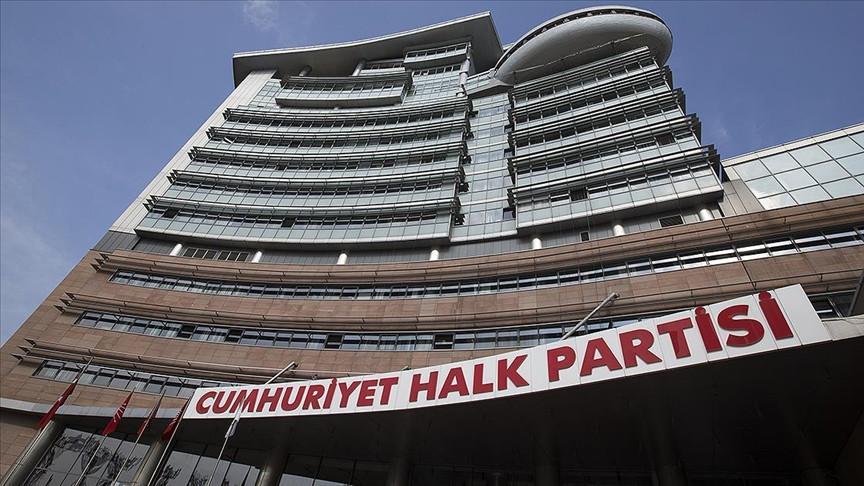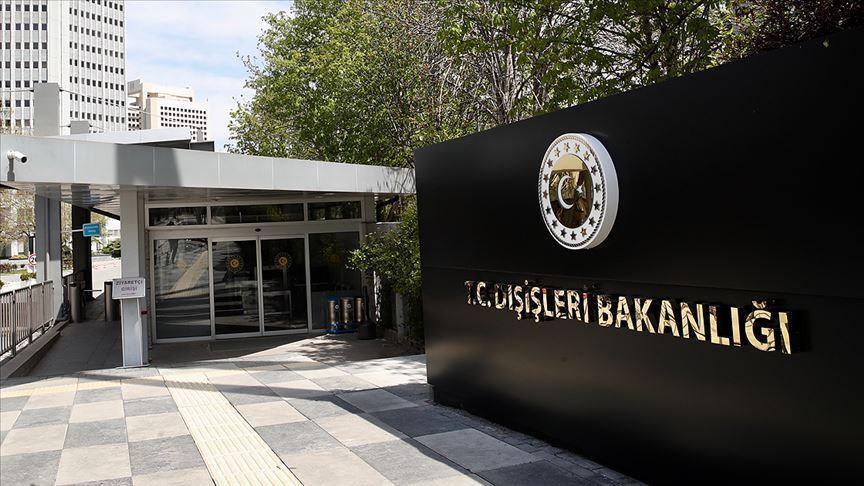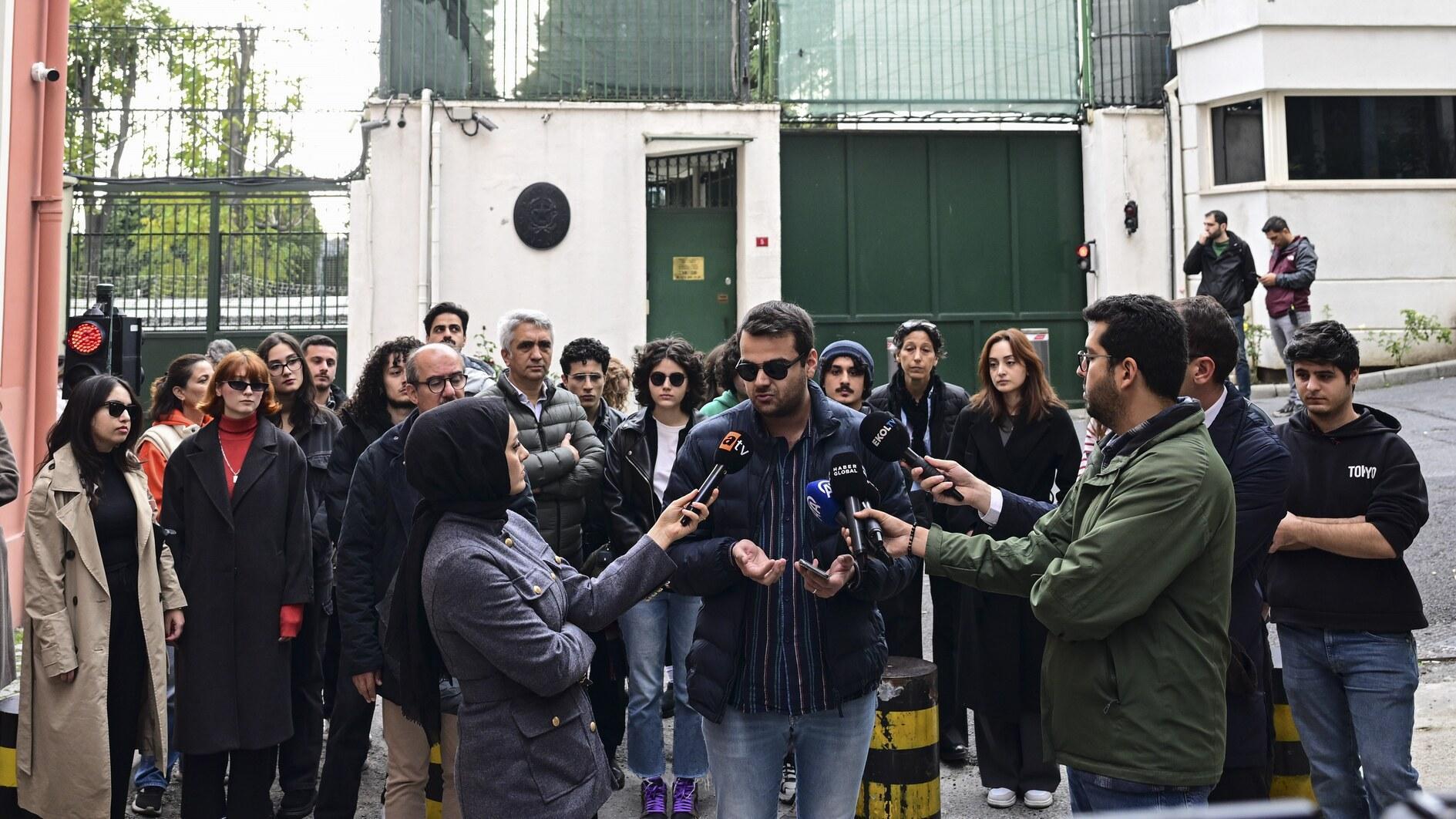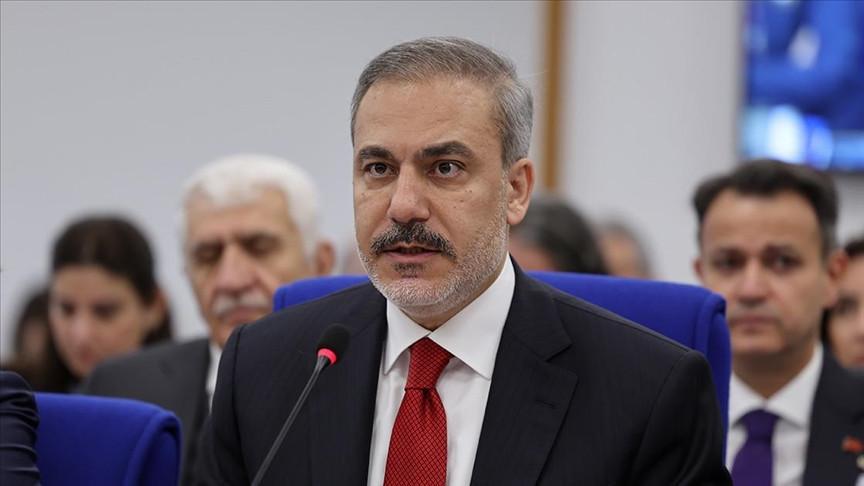Turkish NGO calls for strong checks and balances in new constitution
While Turkey is facing the risk of falling into the “middle income trap,” some believe the country has already fallen into it. The Turkish Enterprise and Business Confederation (TÜRKONFED), which represents around 40,000 companies and more than 24,000 businesspeople, says Turkey needs to get out of “middle democracy trap” in order to emerge from the “middle income trap.”
With this in mind, it has prepared a report on Turkey’s planned new constitution, just as a new commission in parliament is preparing to start trying to write it.
TÜRKONFED President Tarkan Kadooğlu is keen to underline that the report favors neither the presidential nor the parliamentary system.
“Whether Turkey has a presidential or parliamentary system, what is essential is that the constitution reflects pluralism, freedoms, and endorses checks, balances and strong control mechanisms,” Kadooğlu said at a press conference on Feb. 10.
The constitution-writing process should concentrate on consolidating democracy, argues the report. For that, it says that what is needed is “institutional reform and mental change,” which means “a strong system of checks and balances plus equal citizenship.”
One must congratulate TÜRKONFED for its effort to shift the focus of constitutional work away from the “presidential-parliamentary” debate. It takes particular courage to do so at a time when President Recep Tayyip Erdoğan and the Justice and Development Party (AKP) are using all means in their hands to transform Turkey’s parliamentary system into a presidential one.
It takes additional courage to ask for “strong checks and balances mechanisms” and “strong institutions,” which are generally seen as obstacles to “efficient governance” (which in the eyes of Erdoğan means “one man rule.”)
It is no coincidence that both Fuat Keyman and Bekir Ağırdır, two members of the expert team that wrote the report, underlined the need to strengthen democracy in the new constitution at the press conference to present their findings.
Unfortunately, there has been a parallel development between Erdoğan’s increasing aspirations for one-man rule and a weakening of democracy in Turkey. The report formulates this development in a particular way, calling it the “democracy enigma.”
“There is a gap between the positive developments and the strength of democracy,” it states. While Turkey has experienced high economic dynamism, high urbanization, and an increase in the middle class, this “transformation” process has not led to the consolidation of democracy.
“Turkey is becoming more globalized; it has gotten rid of the tutelage system. Yet all of this has not had a progressive effect on democracy,” said Keyman, a prominent political scientist. The rise of the middle class and the sociological transformation of Turkey has not made the country more democratic; on the contrary it has made society more polarized.
According to prominent pollster Ağırdır, while Turkish society is very familiar with polarization, the current level of polarization is different to the polarization experienced in the past as it has eroded the sense of being “us.”
“The fact that the ‘feeling of us’ is falling apart is a big problem,” he said, adding that there is also a huge lack of trust in Turkey, not only between individuals but also among citizens lacking trust in the rule of law.
So a new constitution could provide a remedy to Turkey’s dangerously polarized society, provided it is based on human rights and fundamental freedoms like pluralism, the rule of law, and respect for diversity.
But it is very naïve to expect Turkey’s current rulers, namely the AKP and Erdoğan, to play a constructive role in working for a consensus on an essential text that could remedy Turkish society’s diseases. After all, it is they who are fueling this polarization and are feeding on it.



